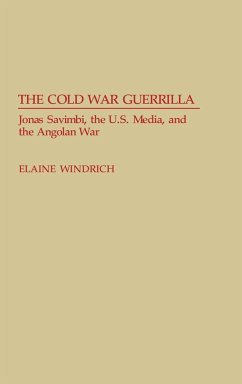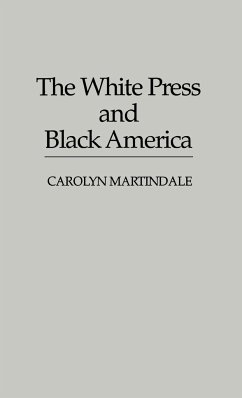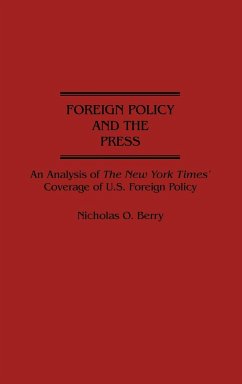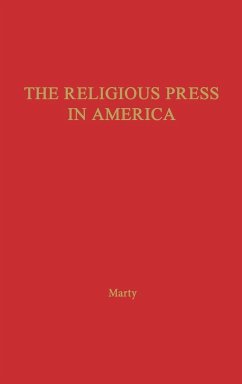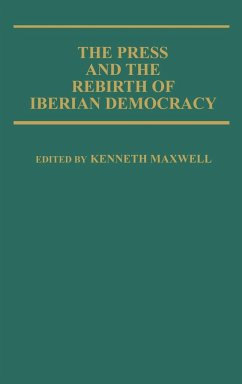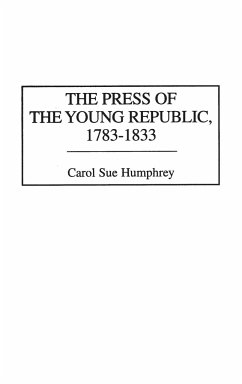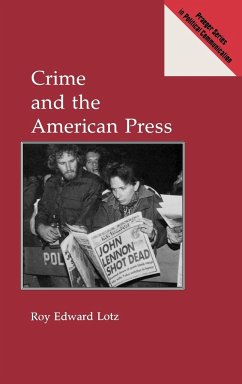
The Press and the Origins of the Cold War, 1944-1947
Versandkostenfrei!
Versandfertig in 1-2 Wochen
69,99 €
inkl. MwSt.

PAYBACK Punkte
35 °P sammeln!
A thoughtful interpretation of the roles of four print news media in the origins of the abrasive relationship between the Soviet Union and the US after WW II. It is based on a content analysis of the Chicago Tribune, the New York Herald Tribune, the San Francisco Chronicle, and Time magazine. Liebovich describes the idiosyncrasies in the staffs and leadership of each medium and links those unique characteristics to their positions on the Cold War. . . . Liebovich is a veteran newsman who has amassed excellent data to support his thesis. The writing is clear and concise. Choice This unprecedent...
A thoughtful interpretation of the roles of four print news media in the origins of the abrasive relationship between the Soviet Union and the US after WW II. It is based on a content analysis of the Chicago Tribune, the New York Herald Tribune, the San Francisco Chronicle, and Time magazine. Liebovich describes the idiosyncrasies in the staffs and leadership of each medium and links those unique characteristics to their positions on the Cold War. . . . Liebovich is a veteran newsman who has amassed excellent data to support his thesis. The writing is clear and concise. Choice This unprecedented study of the media's role during the early stages of the cold war focuses on four major news organizations: the New York Herald Tribune, the Chicago Tribune, the San Francisco Chronicle, and Time magazine. Based on interviews with journalists who covered the news from 1944 to 1947, the book details the attitudes and predilections of the organizations involved and reveals the concerns of the writers themselves. The author rejects previously held views on the inevitability of the cold war--demonstrating that news coverage not only included but also reinforced popular images of the Soviet Union after World War II.



